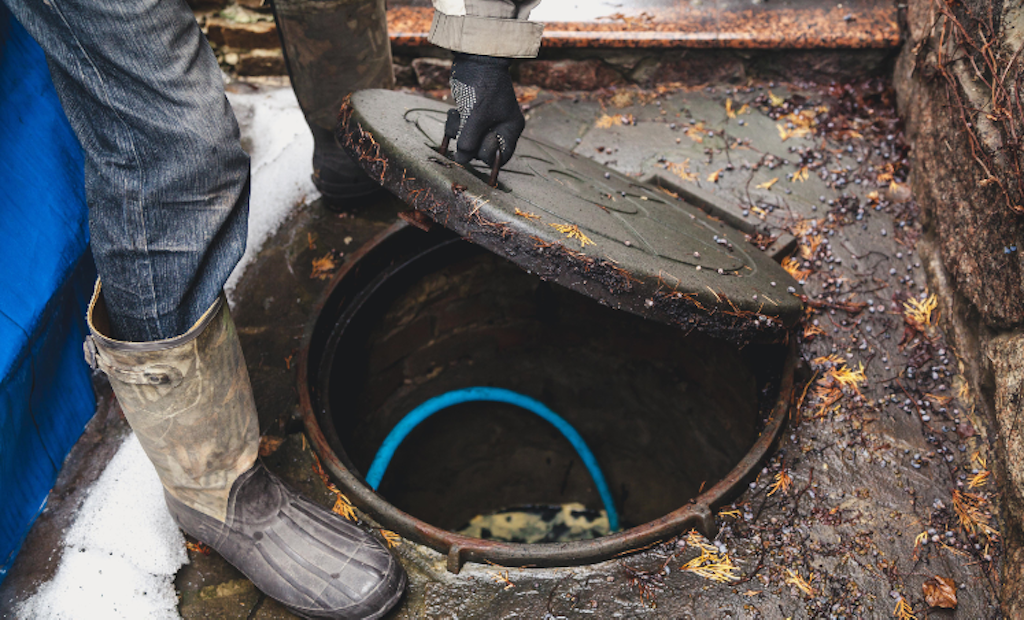Interested in Grease?
Get Grease articles, news and videos right in your inbox! Sign up now.
Grease + Get AlertsProbiotics have become a popular dietary supplement for humans, relying on good bacteria to improve digestive health or provide other benefits. In a similar way, bioaugmentation can improve the efficiency of stressed septic tanks, grease traps and drains while helping to avoid problems like odor and clogging by helping to digest contaminants.
While there’s no substitute for proper maintenance and regular pumping, many believe bioaugmentation additives can help ensure proper bacteria is maintained for a free-flowing system, especially if caustic household products and pharmaceuticals are regularly put down a customer’s drain.
Usually the natural microorganism population can meet the demand to biodegrade septic tank sewage, but some manufacturers report it needs an extra boost when bleach and other harsh chemicals from household use — or chemicals used to kill roots invading the drainage system — damage the bacterial population. Microorganisms also may need time to get reestablished after sludge is pumped out. Another problem is that grease buildup in the scum layer at the top of the tank may have difficulty breaking down.
Grease buildup can also be a problem for restaurants or other commercial entities that release a high amount of fats, oils and greases (FOG) in their wastewater. Grease traps can overflow, and pipes can get clogged. Bad odors and frequent blockages eventually accumulate into plumbing headaches.
Hardworking microorganisms
Bioremediation can help remedy these septic and sewage problems in an environmentally friendly way. Adding biological microorganisms and appropriate nutrients to septic tanks may help replenish the natural microbial population and speed up the breakdown of contaminants.
Special microorganisms targeted to degrade fats can help reduce scum at the top and make water in a tank less polluted. Bacteria that naturally produce cellulase, protease, amylase and other specific enzymes can accelerate the biodegradation of toilet paper or a variety of other wastes that accumulate in the tank.
Biologicals are typically added in tablet, pouch or liquid form once a month after an initial shock dose balances the system. When the bacteria hit water, they start waking up, eating contaminants and reproducing according to the amount of contaminants available.
A similar situation occurs with grease traps and clogged drains. Biological treatments can be poured down the drain at the end of the day to allow a healthy microbial population to get established in the pipes and start eating away at grease blockages.
Microorganisms that release enzymes and biosurfactants to loosen the grease are also good for adding directly to grease traps, where they can reduce odor problems and cut down on the amount of fat accumulation. A monthly maintenance dose helps keep grease buildup in check.
While septic tanks and other systems do not always have problems, bioaugmentation can aid your customers in recovering from those problems when they do occur.
About the authors: Tonya Decterov holds degrees in soil chemistry, environmental engineering and waste management and is a technical sales representative at Bionetix International, which specializes in supplying natural biological products that degrade waste substances and boost the performance of cleaning and agricultural products. She can be reached at tdecterov@bionetix.ca.
Julie Holmquist is content writer at Cortec, the parent company of Bionetix International. Holmquist can be reached at jholmquist@cortecvci.com.






